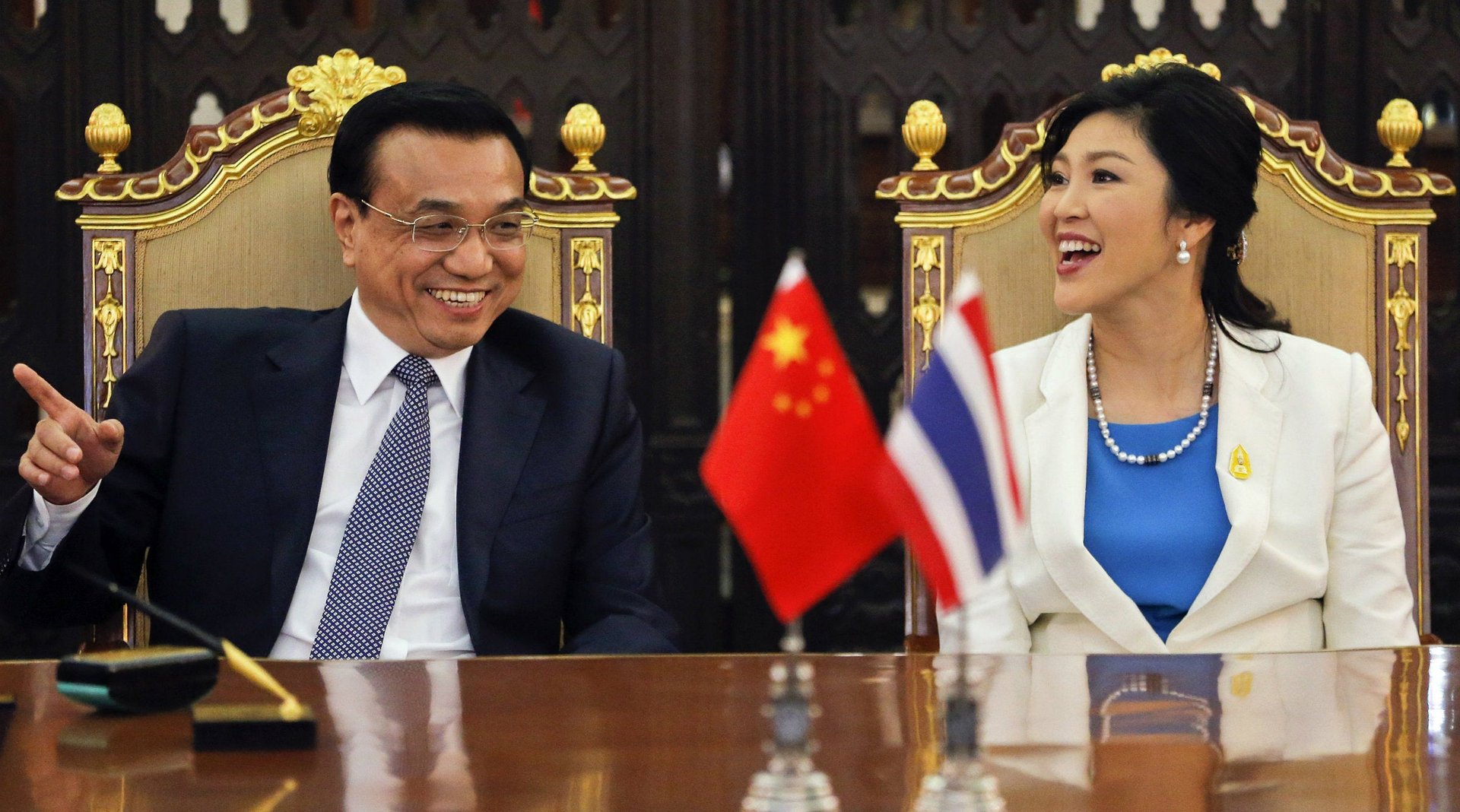It’s time for the world to think beyond the US, China declares while cutting deals in Asia
Beijing’s immediate reaction to the US government shutdown was surprisingly restrained. But with the deeply-divided US Congress seemingly unable to reconcile and get back to work after nearly two weeks, Beijing is losing patience.


Beijing’s immediate reaction to the US government shutdown was surprisingly restrained. But with the deeply-divided US Congress seemingly unable to reconcile and get back to work after nearly two weeks, Beijing is losing patience.
It may be a “good time for the befuddled world to start considering building a de-Americanized world,” China’s state-run newswire Xinhua declared over the weekend in an acerbic editorial. There’s plenty to fault the US for beyond just the government shutdown, including the Wall Street-led financial crisis and war in Iraq, the op-ed states:
Instead of honoring its duties as a responsible leading power, a self-serving Washington has abused its superpower status and introduced even more chaos into the world by shifting financial risks overseas, instigating regional tensions amid territorial disputes, and fighting unwarranted wars under the cover of outright lies.
The only solution, the editorial concludes, is to give emerging and developing economies more say in international financial bodies, like the World Bank, and to create a “new international reserve currency that is to be created to replace the dominant U.S. dollar.”
This weekend’s tough talk comes as China’s top officials have been touring southeast Asia, building up a “de-Americanzied” trading bloc by forging deeper alliances in the region. Earlier this month, president Xi Jinping forged deals with Australia, Malaysia and Indonesia.
In Thailand, Chinese premier Li Keqiang discussed bilateral visa exemptions, which could increase travel between the two countries from three to five million people a year. In addition, he was so optimistic about railway cooperation between the two countries that shares of Chinese rail companies shot up Monday.
In Vietnam, Li and Vietnamese prime minister Nguyen Tan Dung promised to “cooperate in all fields” and boost two-way trade to $60 billion, a nearly 50% increase from 2012. In the interests of trade, the countries agreed to disagree on their territorial dispute in the South China Sea, with Beijing eschewing the bluster that it reserves for certain other trading partners.